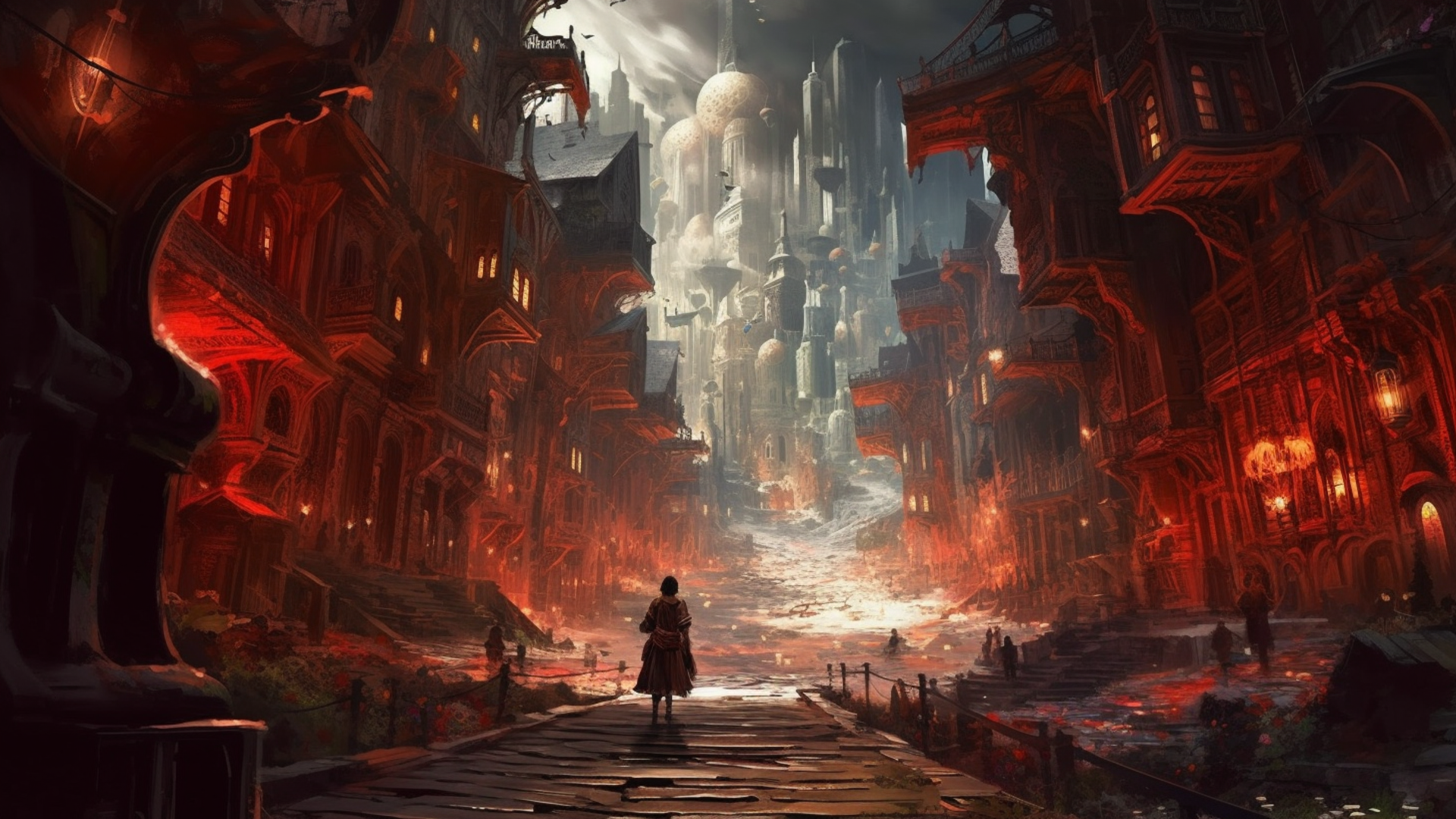AI is one of the most exciting innovations that significantly impact the development of role-playing games (RPGs). The emergence and implementation of AI in the gaming industry open up huge opportunities to create more realistic and atmospheric virtual elements that react as correctly as possible to gamers’ actions while obeying their internal laws.
Key innovations
One of the applications of AI in modern RPGs is to improve the behavior of artificial characters (NPC). Developers can create NPCs with more complex intelligence with the help of AI, capable of making decisions based on the context and adapting to non-standard situations.
This creates more lifelike and dynamic interactions between the player and NPCs, making the virtual universe more lively, unpredictable, and, therefore, more interesting to explore.
Another essential aspect of using AI is the personalization of the gaming experience. AI can analyze players’ preferences and behavior, adapt to their action styles, and offer individual challenges and tasks. This allows each gamer to enjoy a unique experience that matches their preferences and skills.
VR technology allows gamers to immerse themselves entirely in and interact with a virtual world. VR technology is already gaining popularity in RPG games and promises to change our play.

One of the main advantages of VR is a deeper immersion experience. Gamers can feel part of the online or offline RPG world, surrounded by three-dimensional images and sounds, and explore worlds and interact with characters and objects as if they were at the center of the action. This creates a unique sense of presence and allows a fuller and deeper experience of the universe created for them by the developers.
Another important aspect of VR in RPGs is physical interaction. With VR controllers, gamers can mimic the movements of their hands and body, allowing them to interact with the world around them more naturally. This adds depth and realism to the gameplay process and enables them to perform previously unavailable actions in traditional RPGs.
In addition, VR also offers new opportunities for social interaction in role-playing games. Gamers can meet in virtual spaces, communicate and interact with each other as if they were in the same room. This fosters deeper and more meaningful interactions, allowing them to collaborate, compete or enjoy the game together.
In conclusion, AI and VR are innovations that significantly influence the future of RPG gaming. The development of artificial intelligence and its application in creating more realistic and personalized game worlds open up new possibilities for gamers. VR, in turn, allows full immersion in the created universes and interaction with them on a deeper level.
These industry developments promise to change how we play and interact in game worlds. However, it is essential to remember the balance between innovation and preserving RPG core values such as storytelling, emotional appeal, and the satisfaction of interacting with other gamers.
